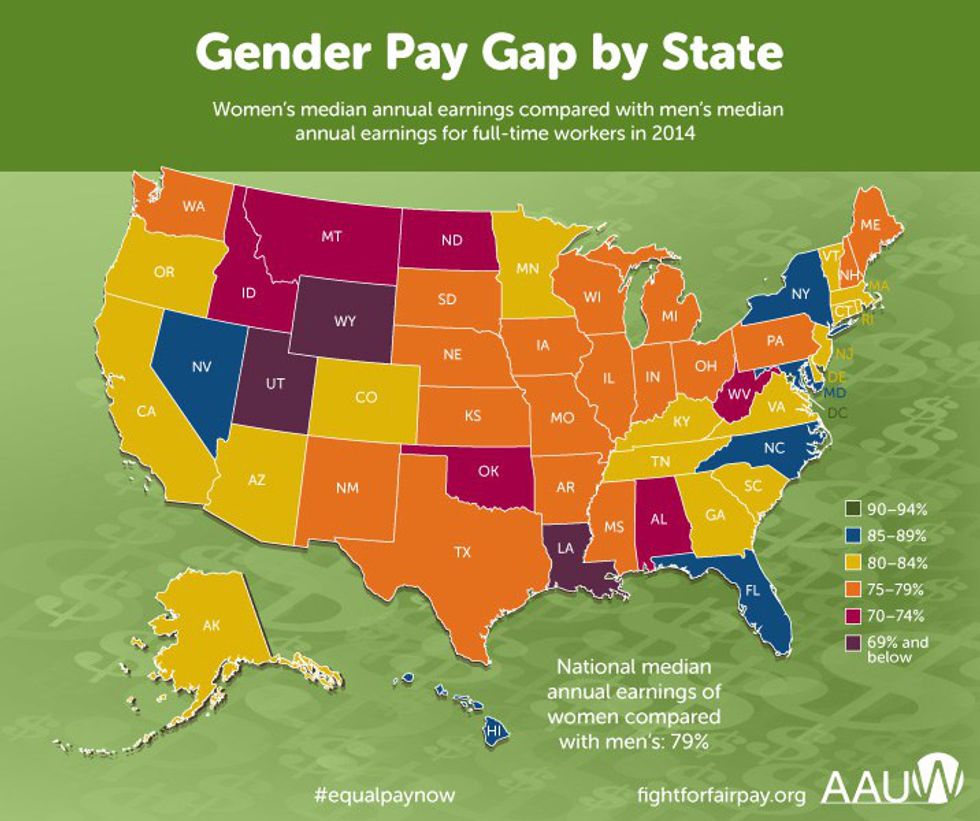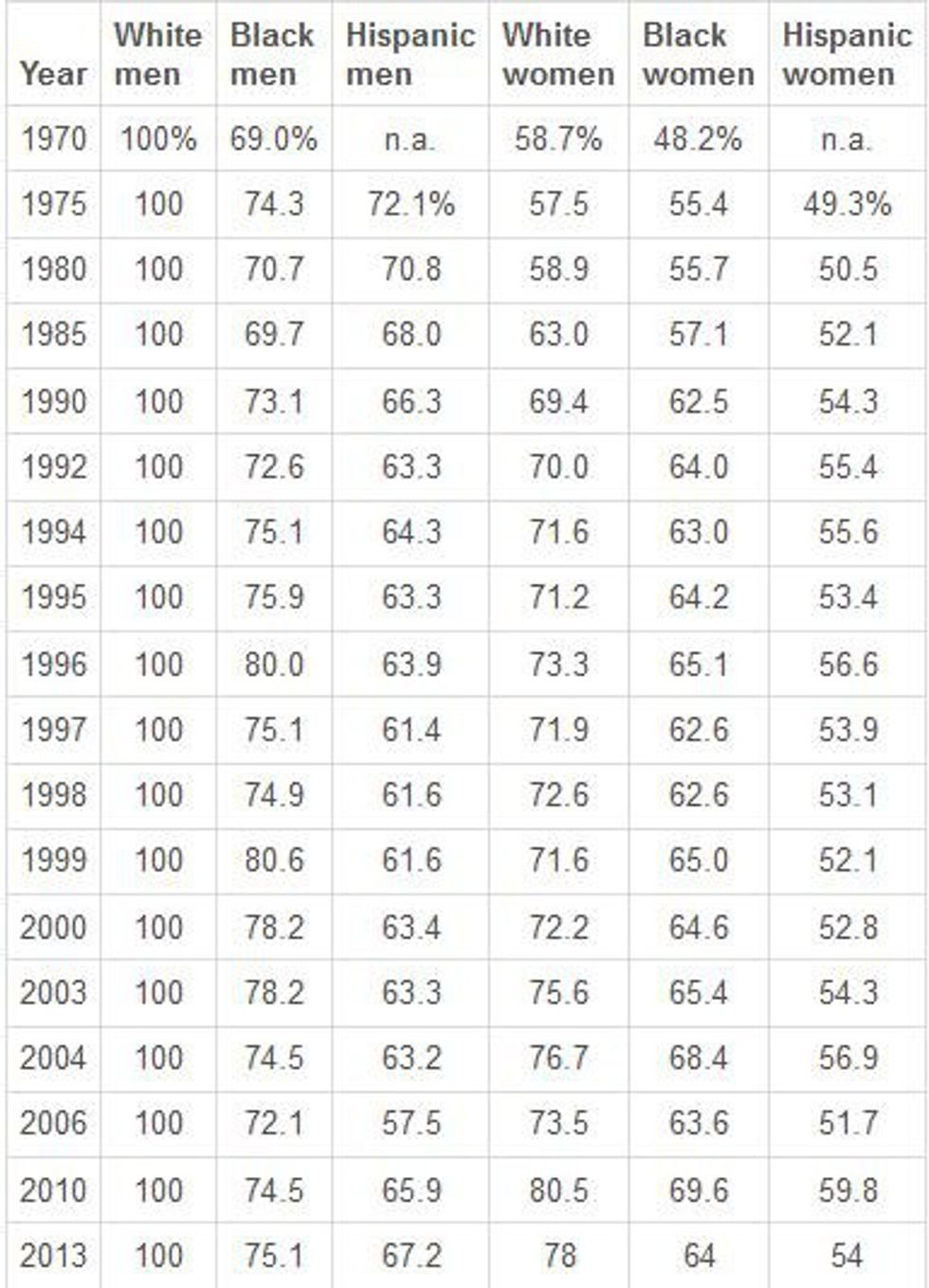How many of you think the gender wage gap has been resolved? How many of you think women are treated just the same as men in fields like engineering and computer sciences? Believe it or not, it is still worse than you'd think.
When it comes to factors regarding females in the workforce, the issues are blatantly clear.
Women are usually paid less. They are more likely to be denied a promotion. Some of you may be thinking, "Well maybe women just tend to perform worse and honestly don't deserve the promotion." That could be true, if it weren't for the gaping statistics proving exactly how much less females earn overall. A few people who decide to blow off their duties at work do not account for the entire workforce. So why is there such a large percentage of women who lose so much potential income? When that many people fail to obtain an equal or at least, close-to-equal paycheck compared to the paychecks of men, something must be up.
Women of color get denied up to twice the amount of money that men earn.
Yes, it gets worse, especially if you're a minority in America. Females are both paid and promoted less in every single state, denied around $400,000 during their career. People of color can bet on being cheated over double that amount. Among the varying ethnicities in the U.S., African American women and Latinas are paid $18,817 to $23,298 less than white men annually.
Race has the biggest effect on a woman's experience in the workforce. This is not only seen through their shortage in pay compared to others but also their overall treatment when on the job. Racial discrimination is everywhere and only amplifies in places with little diversity. States such as Utah, Wyoming and Louisiana are examples of labor forces with some of the greatest lifetime wage gaps for women, while African American women in Louisiana and Native Americans in Delaware tend to get paid less than half as much as men.
It's clear that when race is entered into the equation, paychecks plummet even further. Race has had the greatest impact on wages by far. The chart below shows the comparison of wages between different genders and races since 1970. Though the ranges have decreased for most, the improvement is not steady, and in 2013, the pay gap got worse than it was the prior year.
It all goes to show how much work still needs to be done before any woman receives the paycheck she truly deserves.























